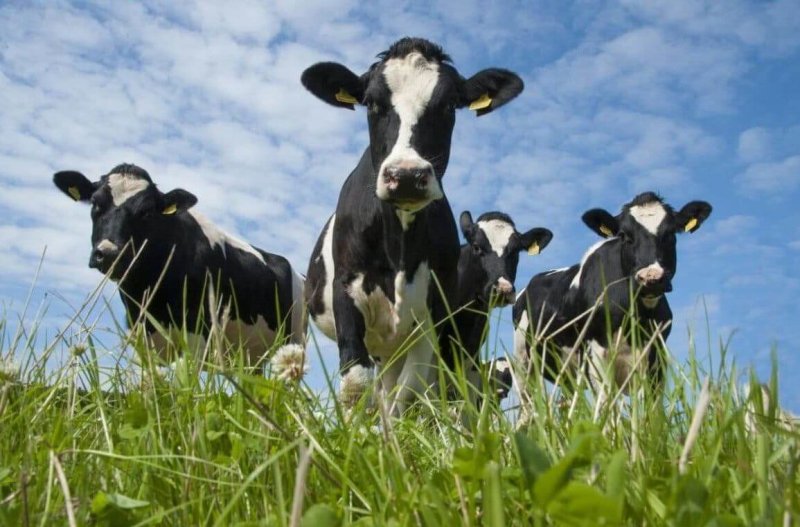Pastureland is by far the single largest human land use on the planet. Globally, we use twice as much land for producing meat and milk from cattle and other ruminants as we do for growing crops.
For centuries, global pasture area expanded, with severe environmental consequences. Since the 1700s, an area nearly the size of North America has been converted to pasture …. threatening biodiversity and worsening climate change.
In the past 20 years, however, something remarkable has occurred, something that few predicted: global pasture has begun to decline. According to data from the Food and Agriculture Organization of the United Nations, there are 140 million fewer hectares of pasture today than there were in 2000, an area roughly the size of Peru.
…
Rapid population and economic growth in parts of the developing world …. could herald a major expansion of pasture. …. The good news is that productivity could be improved substantially — enough to offset increases in demand. Many developing regions today operate well below their technical potential …. There are three primary levers for raising productivity: better feed, optimized breeds, and improved animal health.
[Editor’s note: These data come from a new report published by the Breakthrough Institute, a global research center that identifies and promotes technological solutions to environmental and human development challenges.]
Read full, original article: Achieving Peak Pasture: Shrinking Pasture’s Footprint by Spreading the Livestock Revolution































